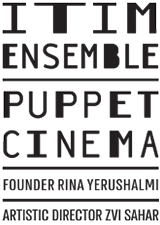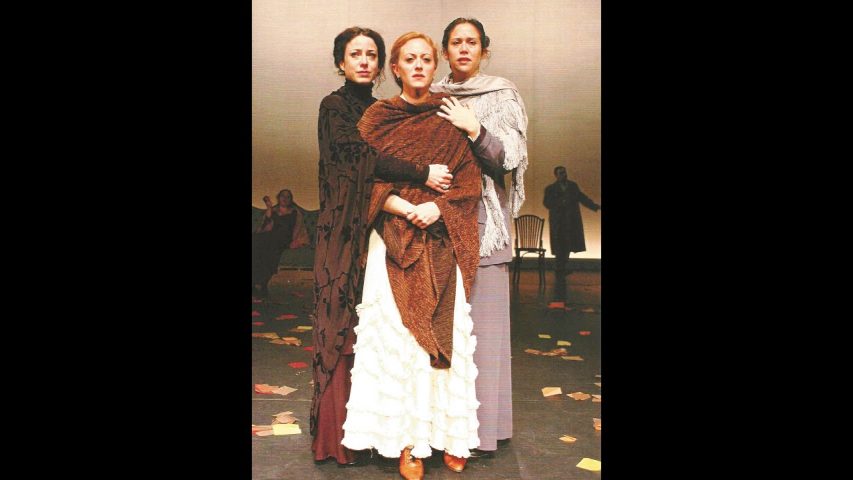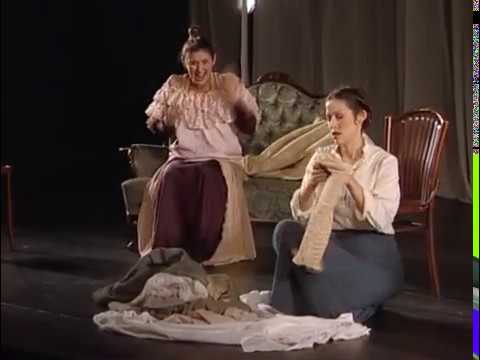Three Sisters
This play is an invitation to re-examine theatre in a different way – how to construct the human events that are weaved in the narrative’s fabric, and how to endow it with the experience of Time – objective and subjective time – that is, Time that is indifferent to out lives’ affairs and keeps moving on.
About
This play is an invitation to re-examine theatre in a different way – how to construct the human events that are weaved in the narrative’s fabric, and how to endow it with the experience of Time – objective and subjective time – that is, Time that is indifferent to out lives’ affairs and keeps moving on. The only drama here is not in conflicts between characters but about time passing without us being able to control it. The actions themselves are almost meaningless and futile.
Death too – “one baron more, one baron less, what does it matter”… Everything is swept into the great river of life. There is no one single point of view from which one can understand or explain life. Nothing has a beginning or an ending, and the last lines fit everywhere and anytime: “It seems that soon we shall know what we live for, suffer for… If only we knew… if only we knew…”
Here the editing was not in the text or the storyline, but in shaping on stage space and time, and the form in which they unfold in front of us: For example, the row of chairs stage-front for Irena’s birthday, with the characters entering from the auditorium to the stage, directly addressing the audience and communicating with it. As the play goes on, each ensuing act opens another area of the stage, until the chairs are moved farther away from us towards the back wall, and the stage is emptied of chairs and characters. Only the three sisters remain to dream of the future.
The characters remain onstage throughout the performance, which enables to merge their inner world with external events in an almost simultaneous manner. The spectators are free to move between the main action and what’s happening around, and quickly get used to listen to what’s being said as well as looking in other directions not directly connected with what’s spoken, something we are quite used to do in our everyday lives.
Credits
By: Anton Chekhov.
Directed by Rina Yerushalmi.
Hebrew version: Dori Parnes.
Music: Avi Balelli.
Set design: Rina Yerushalmi and Tali Orbach.
Lighting: Avi Yona Bueno (Bambi).
Costumes and masks: Yehudit Aharon.
Cast (in alphabetical order): Ofer Amram, Noa Barkai, Noam Ben Azar, Pierre-Emanuel Hanoun, Rinat Harduf, Zvi Sahar, Guy Salman, Eran Sarel, Meir Shoval, Karin Tepper-Bar Zeev, Idit Tzur.






